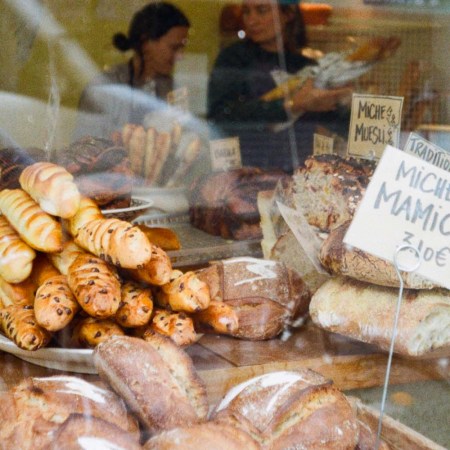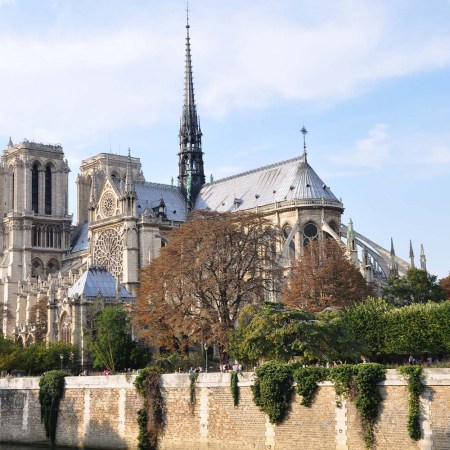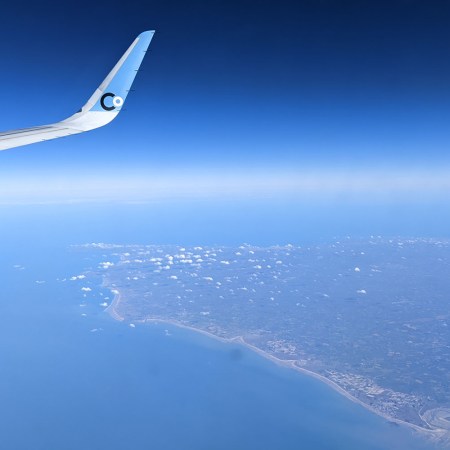If you’re walking around Paris after a certain hour, you can rely on the Eiffel Tower to be illuminated. At least, that’s been the status quo for years now. But with France — and, indeed, most of Europe — facing an energy crisis, efforts to reduce demand on the electrical grid can be seen in all walks of life. And as it turns out, signature works of architecture are no exception.
As The Guardian reports, the city of Paris is expected to propose that the iconic tower go dark a bit earlier than usual every night for several reasons, of which reducing the amount of power being used is only one aspect. Currently, the tower’s lights shut down at 1:00 a.m.; the proposed changes would see the tower go dark each night at 11:45 p.m.
The Guardian spoke with Jean-François Martins, who has a key role in keeping the tower operational. As Martins described it, the effort is less about reducing power grid demand and more about leading by example. Martins referred to the reduction in illumination as “a highly symbolic gesture — part of the growing awareness around energy sobriety.”
This isn’t the only instance where the Eiffel Tower’s lighting schedule changed to reflect current events. Last week, the tower’s lights shut off earlier than usual to reflect the death of Queen Elizabeth II. With the energy crisis as an ongoing event, it’s currently unclear how this new initiative will be received — or how long it’ll need to continue.
Thanks for reading InsideHook. Sign up for our daily newsletter and be in the know.


















